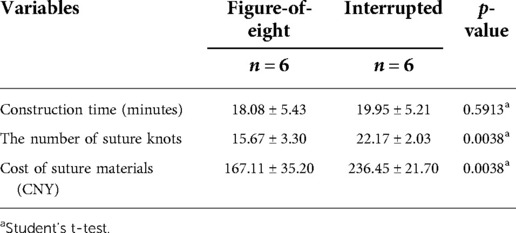
Based on these findings, we infer that PVT1 expression is modulated by both DNA amplification and methylation and its expression might serve as a valuable and specific prognostic biomarker in terms of OS in uveal melanoma.Ĭitation: Xu H, Gong J, Liu H (2017) High expression of lncRNA PVT1 independently predicts poor overall survival in patients with primary uveal melanoma. By performing univariate and multivariate analysis, we found that high PVT1 expression was an independent predictor of poor OS in patients with uveal melanoma (HR: 12.015, 95%CI: 1.854–77.876, p = 0.009).


In addition, PVT1 expression was strongly and negatively correlated with its methylation status (Pearson's r = -0.712, Spearman’s r = -0.806). 61 out of 80 cases (76.3%) of primary uveal melanoma had PVT1 amplification in TCGA-UVM. Results showed that high PVT1 expression group had a higher proportion of epithelioid cell dominant disease (a more malignant histological subtype than spindle cell dominant disease) and more cases of extrascleral extension (a risk factor for metastasis) compared with the low PVT1 expression group.

In this study, by using deep-sequencing data and follow-up data in the Cancer Genome Atlas-Uveal melanomas (TCGA-UVM), we assessed the association between the expression of PVT1 and clinicopathological characteristics of patients with uveal melanoma, the mechanism of its dysregulation and its prognostic value. The plasmacytoma variant translocation 1 gene ( PVT1) plays an oncogenic role in the initiation and progression of multiple cancers.


 0 kommentar(er)
0 kommentar(er)
